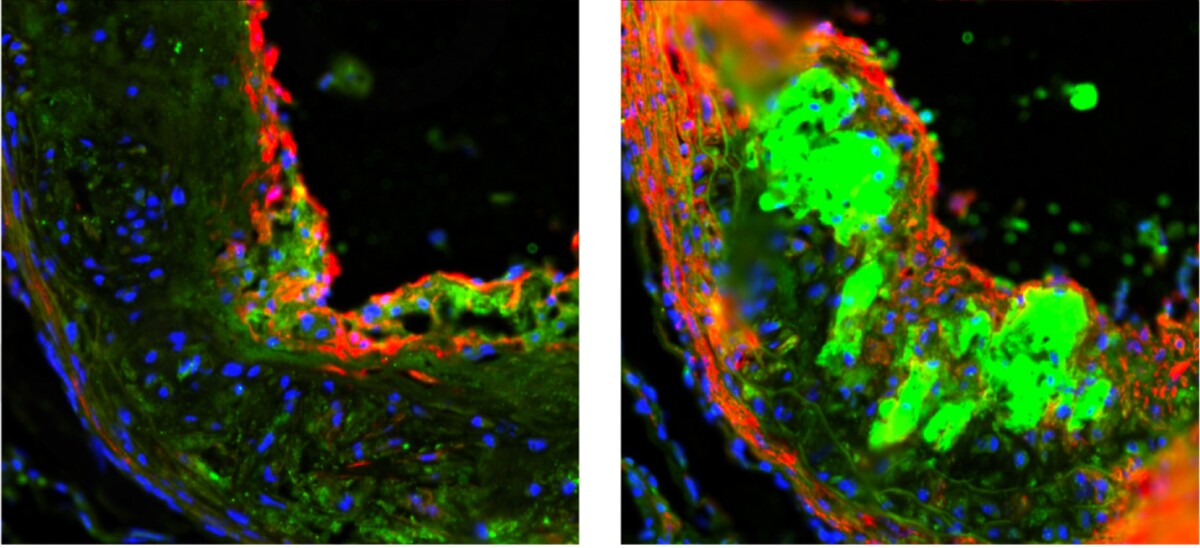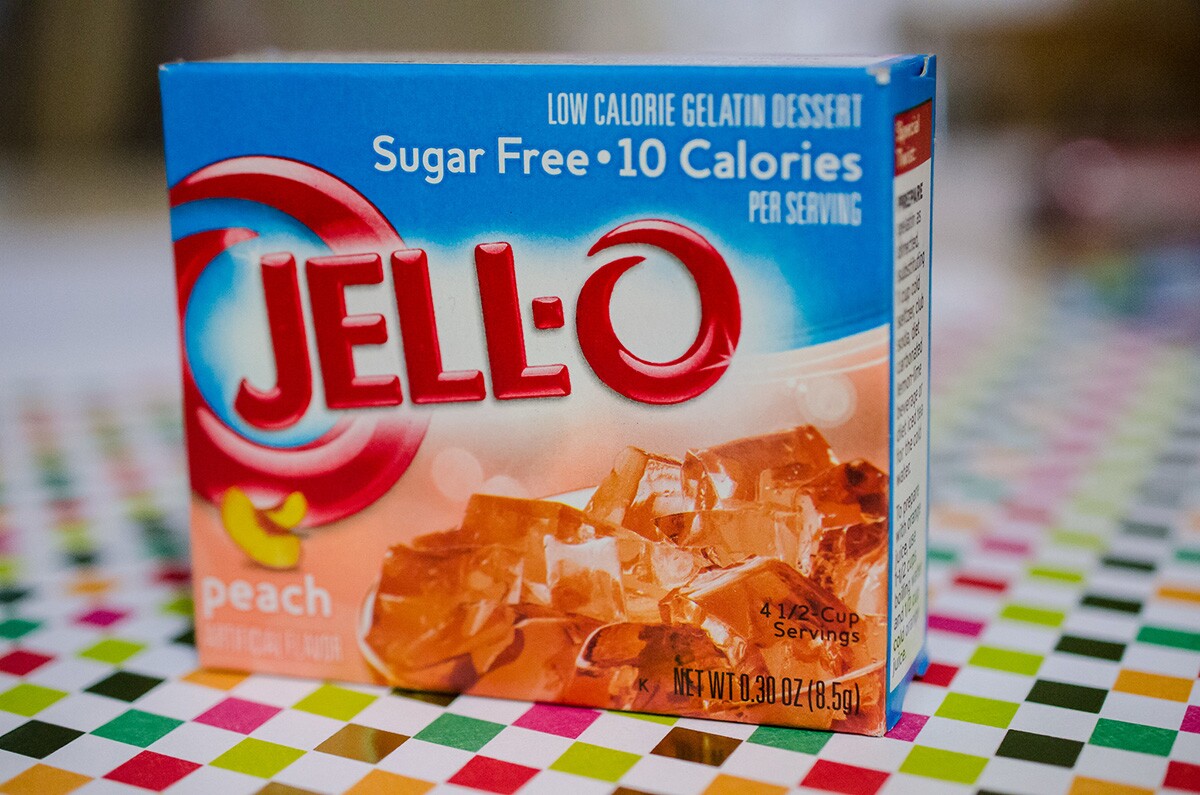Popular Sugar-Free Sweetener Associated with Severe Heart Risks

Aspartame has been promoted for years as a guilt-free sugar substitute in popular products like Diet Coke and sugar-free Jell-O. However, it has also faced controversy, and recent research has linked the artificial sweetener to a higher risk of heart attacks and strokes in mice. Still, some experts remain skeptical about its implications for human health.
A study published in Cell Metabolism by cardiovascular researchers and clinicians from China, Sweden, and the U.S. indicates that aspartame consumption could negatively affect vascular health.
Aspartame Consumption in Mice Linked to Arterial Plaque and Inflammation
Over a 12-week period, researchers fed mice daily amounts of aspartame equivalent to what’s found in three cans of diet soda. Compared to those on an aspartame-free diet, these mice developed larger, fattier plaques in their arteries and showed increased inflammation—both factors linked to cardiovascular disease.

Cell Metabolism / Wu et al
More specifically, the researchers found that aspartame can elevate insulin levels, which contributes to atherosclerosis—a condition where fatty plaques accumulate in the arteries.
Linking Aspartame to Heart Disease: The Role of CX3CL1 in Inflammation
Aspartame has previously been associated with cardiovascular disease, as well as cancer, memory impairment, and anxiety-like symptoms. However, this study pinpoints the underlying mechanism: an immune signal called CX3CL1, which becomes highly active when insulin levels rise. CX3CL1 acts like a trap, capturing passing immune cells that fuel blood vessel inflammation and contribute to heart problems.

m01229 / Flickr
Should you be concerned about your Diet Coke habit? Not necessarily, according to an expert not involved in the study.
Dr. Ian Musgrave, a senior lecturer in Pharmacology at the University of Adelaide, believes the study’s findings may not directly apply to humans.
Do the Findings Apply to Humans?
“This research was conducted on genetically modified mice that lacked a key lipid transporter and were fed a high-fat diet to encourage plaque formation in their blood vessels,” he explained. “While the experiments are well-designed, their relevance to humans is unclear. These mice were placed on a diet specifically designed to accelerate plaque buildup, which doesn’t reflect typical human biology or eating habits.
“Notably, the study didn’t compare the effects of aspartame to an equally sweet dose of sugar or account for the reduced calorie intake from consuming aspartame. While this research may provide a new target for treating plaque buildup, it doesn’t suggest people should avoid artificially sweetened beverages.”
Other experts, however, see the findings as a strong warning about the risks of artificial sweeteners.
Dr. Yutang Wang, a senior lecturer at Federation University Australia, and Professor Mark L. Wahlqvist AO, Head of Medicine at Monash University and Monash Medical Centre, emphasize the potential dangers.
Reevaluating Artificial Sweeteners
Dr. Wang stated, “This adds to the growing body of research urging caution. It may be time to rethink our consumption of artificially sweetened products, as reducing intake could be a simple yet effective way to lower the risk of heart attacks and strokes.”
The researchers share this concern. “Artificial sweeteners are now found in almost all types of food, so understanding their long-term health effects is crucial,” said Yihao Cao from the Karolinska Institute, a co-author of the study. To further investigate, the team plans to test its findings in human subjects.
However, there’s a potential upside. The study revealed that when the receptors for the CX3CL1 immune signal were removed in the mice, plaque buildup was prevented, keeping their arteries clear. This discovery could open the door to new treatments for chronic conditions linked to blood vessel inflammation, including stroke, arthritis, and diabetes.
Read the original article: New Atlas
Read more: Researchers Reveal Alarming Effects of Sugary Drinks










